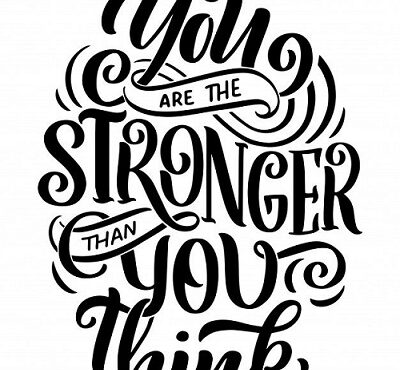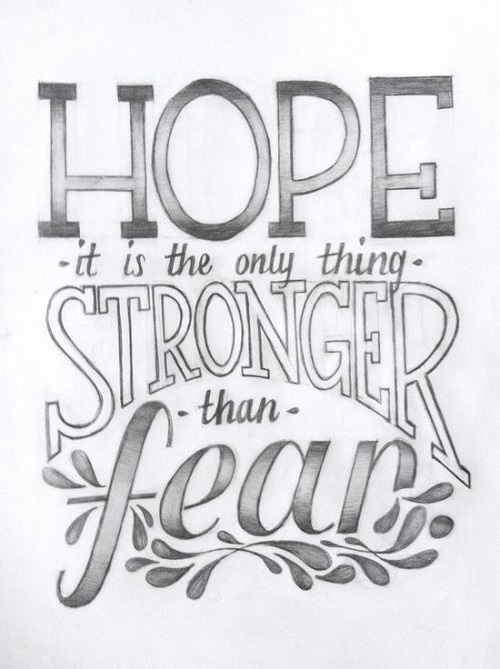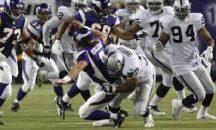Hope is better than fear

Over the past few weeks in our beloved Ghana, we have grown increasingly concerned about the health of our economic system. Indeed, the eroding effects of skyrocketing inflation seem to be eating away at the value of our currency. The value of the Ghanaian cedi has decreased rapidly during the past 10 months, while the incomes of many individuals have remained the same.
The consequences of this economic sickness affect almost everyone: the young couple’s dream of owning their own home must now be postponed, at least for the time being; providing for the educational and temporal needs of children is becoming increasingly difficult for parents; and the retirement hopes of older couples are being frustrated as savings are used up to pay for the demands of present-day living. The fear of businessmen and women losing their capital due to inflation.

As with malignant diseases which attack the human body, the causes of this economic tumour are complex. No doubt, deficit spending by governments and by individuals is partly to blame. Recent declines in the rate of worker production, along with the great number of individuals in our society who consume without producing, must also bear some of the responsibility for these inflationary times.
These contributing factors must be dealt with in the same way the causes of any disease are handled, like the way COVID-19 was handled: they must be isolated and eliminated as much as possible.
There is, however, one other factor which is more injurious to our economic system than these, and even more harmful than inflation itself. That factor is fear: the fear that the future will not alter the maladies of the present, the fear that the economic structure will collapse altogether, the fear that the traditional values that have made ours a strong and vibrant economic system are no longer relevant. Fear itself is the greatest threat to our economic survival.
The antidote to fear is faith. Not an ill-founded faith which believes that everything will resolve itself, without work or sacrifice, but a confidence which has been personified by tens of thousands of businessmen and women in this country, individuals who have proven that the tenets of free enterprise are sound, individuals who have placed their talents and resources in the open marketplace and have reaped the dividends. It is this faith in hard work, honest production, and open competition that will provide the remedy for our present ills.
Certainly, there are problems ahead and always will be. But we, as no other people in the history of the world, have the resources with which to overcome our difficulties and achieve our aspirations.
There is more knowledge available, more technology, more energy, more of just about everything it takes to be successful. But are we lacking a vital element essential to our success? Perhaps.
A few months ago, a student researcher conducted a poll to determine what Ghanaians hope for most of all. Its findings were something less than inspiring. At the head of the list was, “A better or decent standard of living.” Next was, “Good health for self,” followed by, “Economic stability with no inflation.” The last thing the people surveyed hoped for was “to be a normal, decent person.”
Now, certainly these and the other hopes listed in the survey are desirable, but are they the goals and aspirations that inspire greatness? If the original disciples of Jesus had wanted a better standard of living and good health for themselves above all else, Christianity would have withered under the first hot breath of persecution.
If Shakespeare, Michelangelo, and Beethoven had aspired to nothing loftier than “economic stability,” this world would have been robbed of some of its most beautiful creations.
So, if this survey is at all typical, it points, perhaps, to a creeping malaise of mediocrity. It suggests that we are bothering on cowardice toward life’s challenges, the fear that life’s pitfalls might keep us from living to the fullest.
Ironically, far from being the safest course to follow, this line of thinking often leads to more failure than success. As ancient King Solomon wrote, “Where there is no vision, the people perish.”
So, let’s catch a vision of our potential and that of those around us. Let us make our hopes equal to our ability. Let’s set stimulating, even strenuous, goals for ourselves and then demand the self-discipline to achieve them. As we do, we will no doubt experience the better life we desire for ourselves and our children.
The future is for real, but it is up to us to decide how we will deal with it.
May we overcome our doubts. May we accept the gift from Him who conquered all fears and said to us: “My peace I leave with you; my peace I give unto you. . . Let not your heart be troubled, nor let it be afraid.”
Email: samueleghan@gmail.com
By Samuel Enos Eghan












